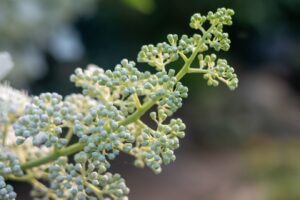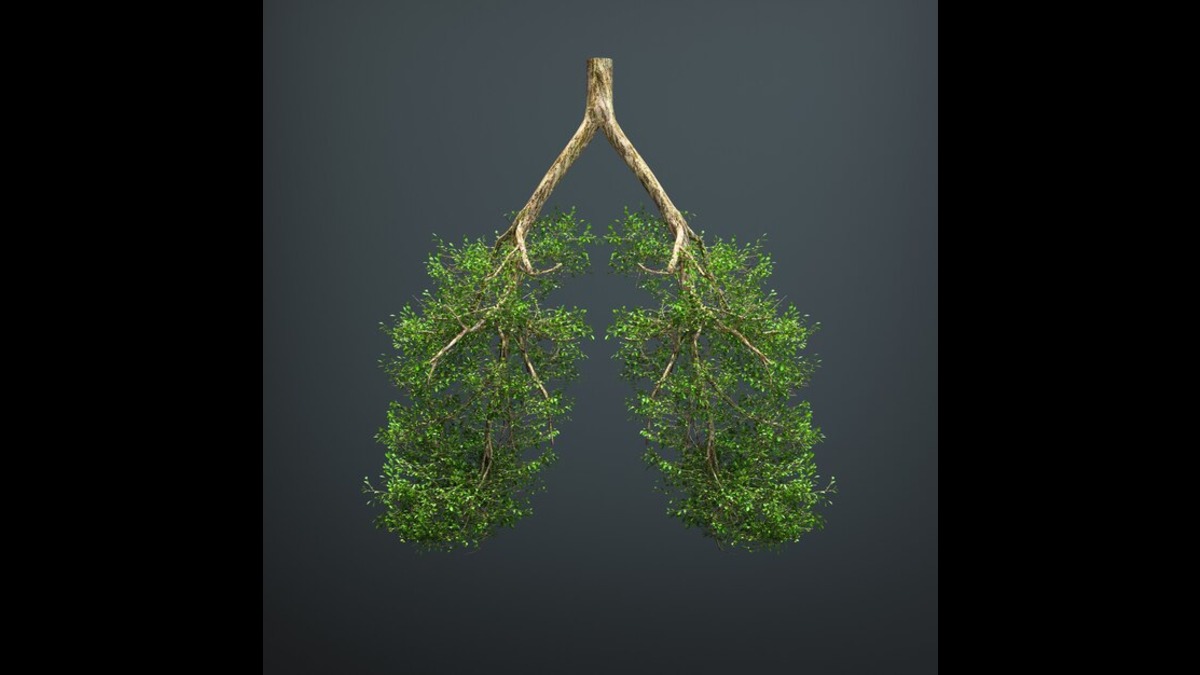Lung cancer is a devastating disease that affects millions of people worldwide. Conventional treatments for lung cancer, such as surgery, chemotherapy, and radiation therapy, can be aggressive and often come with significant side effects. As a result, many individuals seek alternative or complementary approaches to support their healing journey. Ayurveda, an ancient Indian system of medicine, offers a holistic and personalized approach to treating lung cancer. In this post, we will explore the principles of Ayurveda and its potential role in the treatment of lung cancer.
Understanding Ayurveda
Ayurveda is a comprehensive system of medicine that emphasizes balance and harmony within the body, mind, and spirit. It views each individual as unique, with a distinct constitution and energy pattern known as doshas (Vata, Pitta, and Kapha). According to Ayurveda, imbalances in these doshas can contribute to the development and progression of diseases, including lung cancer.
Ayurvedic Approaches to Lung Cancer Treatment
-
Herbal Medicines
Ayurveda utilizes a wide range of herbs and herbal formulations to support lung health and inhibit the growth of cancer cells. Some commonly used herbs in Ayurvedic lung cancer treatment include:Turmeric (Curcuma longa)

Turmeric Known for its potent anti-inflammatory and antioxidant properties, turmeric can help reduce inflammation and support the body’s natural defense mechanisms against cancer.
Ashwagandha (Withania somnifera)

Ashwagandha This adaptogenic herb helps strengthen the immune system, reduces stress, and promotes overall well-being. It may also have anti-tumor properties.
Tulsi (Ocimum sanctum)

Tulsi
Also known as Holy Basil, Tulsi possesses antioxidant and immunomodulatory properties that can support lung health and boost the body’s ability to fight cancer.Guggulu (Commiphora mukul)

Guggulu Guggulu is known for its anti-inflammatory and anti-cancer properties. It can help reduce inflammation in the lungs and support the body’s healing processes.
-
Detoxification Therapies
Ayurveda places great emphasis on detoxification to eliminate toxins and restore balance in the body. Panchakarma, a specialized Ayurvedic detoxification therapy, may be recommended for lung cancer patients. It involves a series of procedures like herbal oil massages, steam therapies, and herbal enemas to remove toxins and promote cellular rejuvenation.
-
Dietary Modifications
Ayurveda recognizes the importance of a balanced and nourishing diet for overall health and healing. For lung cancer patients, dietary recommendations may include:
- Emphasizing fresh fruits and vegetables: These provide essential nutrients, antioxidants, and fiber that support immune function and overall well-being.
- Choosing whole grains: Whole grains like quinoa, brown rice, and millet are rich in fiber and nutrients, providing sustained energy and supporting healthy digestion.
- Incorporating healthy fats: Healthy fats from sources like avocados, nuts, and seeds can provide essential fatty acids and support anti-inflammatory processes in the body.
- Avoiding processed and inflammatory foods: Highly processed foods, refined sugars, and unhealthy fats can contribute to inflammation and may hinder the body’s healing processes.
-
Mind-Body Practices
Ayurveda recognizes the influence of the mind on overall health. Mind-body practices such as meditation, breathing exercises (pranayama), and yoga can help reduce stress, promote relaxation, and support emotional well-being during the lung cancer treatment process.
-
Lifestyle Recommendations
Ayurveda emphasizes the importance of a balanced lifestyle to support overall health. Recommendations may include:
- Engaging in regular exercise: Moderate physical activity, as per an individual’s capacity, can help improve lung function, boost circulation, and support overall well-being.
- Getting adequate rest and sleep: Restful sleep is essential for healing and rejuvenation. Establishing a regular sleep routine and creating a peaceful sleep environment can support the body’s healing processes.
- Managing stress: Chronic stress can negatively impact the immune system and overall health. Stress management techniques like meditation, mindfulness, and relaxation practices can help promote emotional well-being.
It is important to note that Ayurvedic approaches to lung cancer treatment should be integrated with conventional medical care. Consulting with qualified Ayurvedic practitioners who specialize in oncology can help develop a personalized treatment plan that considers the individual’s unique needs and complements existing treatments.
Conclusion
While Ayurveda offers promising strategies for treating lung cancer, it is essential to consult with qualified Ayurvedic practitioners and work in collaboration with your oncologist to develop a comprehensive treatment plan. The integration of Ayurvedic principles, including herbal medicines, detoxification therapies, dietary modifications, mind-body practices, and Rasayana therapies, can provide a holistic approach to lung cancer treatment. By embracing the wisdom of Ayurveda, patients can empower themselves on their healing journey and optimize their chances of overcoming lung cancer with improved well-being and quality of life.
Remember, every individual’s situation is unique, and it is crucial to seek personalized guidance from healthcare professionals specializing in Ayurvedic medicine and oncology to determine the most appropriate treatment approach for your specific condition. Together, we can harness the power of Ayurveda and conventional medicine to create a comprehensive and integrative approach to treating lung cancer.




